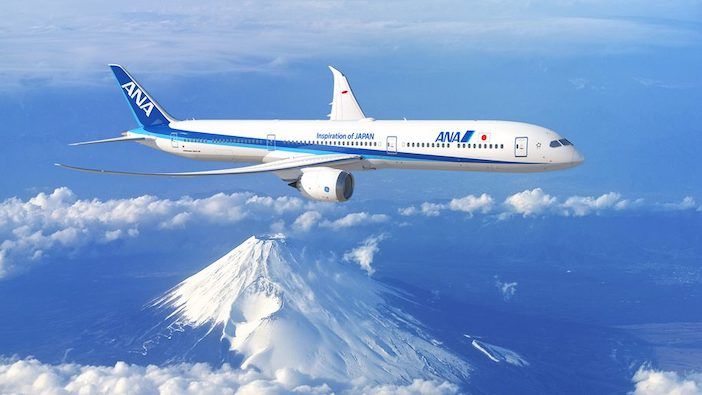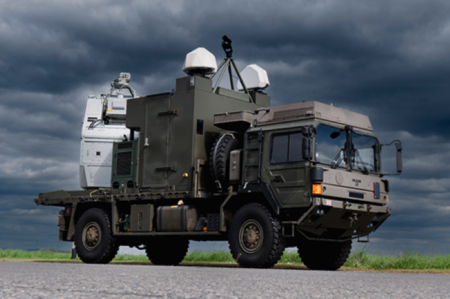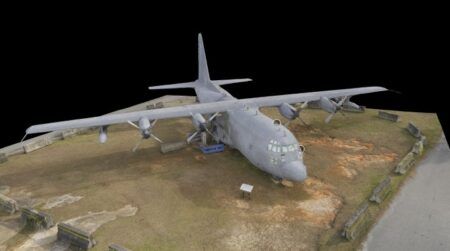Boeing is to open a new R&D center in Nagoya, Japan to develop sustainable aviation technologies such as hydrogen propulsion and composites.
The new center is to open as part of an extension to a joint research agreement originally made with the Japanese Government in 2019.
The new R&D center will focus on developing sustainable aviation fuels (SAF), electric / hydrogen propulsion, robotics, digitization and composites. The center will produce future flight and urban mobility concepts to promote zero climate impact aviation.
“We are excited to open our latest global research and technology center here in Japan,” said Greg Hyslop, Boeing chief engineer and executive vice president of Engineering, Test & Technology.
“The new center will expand upon Boeing-wide initiatives in sustainable fuels and electrification, and explore the intersection of digitization, automation and high-performance aerospace composites for greater sustainability in our future products and production systems.”
Nagoya is already home to many of Boeing’s major industrial partners and suppliers. Boeing already has R&D centers in Australia, China and Korea.
Boeing has also joined an industrial consortium called Act for Sky which aims to commercialize, promote and expand the use of SAF produced in Japan. Act for Sky was founded by the airlines All Nippon Airways (ANA) and Japan Airlines (JAL), along with engineering company JGC Holdings Corporation and biofuel producer Revo International.
Masahiro Aika, from Act For Sky, said, “We welcome the participation of Boeing. We look forward to Boeing collaborating with the other members to ‘Act’ for the commercialization, promotion and expansion of SAF in Japan.”
Boeing has worked with ANA and JAL on SAF-powered flights previously and the companies have also signed agreements to partner on studying advanced sustainable technologies, including electric, hybrid, hydrogen and other novel propulsion systems to reduce the carbon footprint of aircraft.
Boeing’s chief sustainability officer Chris Raymond said, “To ensure the enormous societal benefits of aviation remain available for generations to come, we must continue to partner with capable innovators and leaders to support the industry’s commitment to net zero carbon emissions by 2050.





